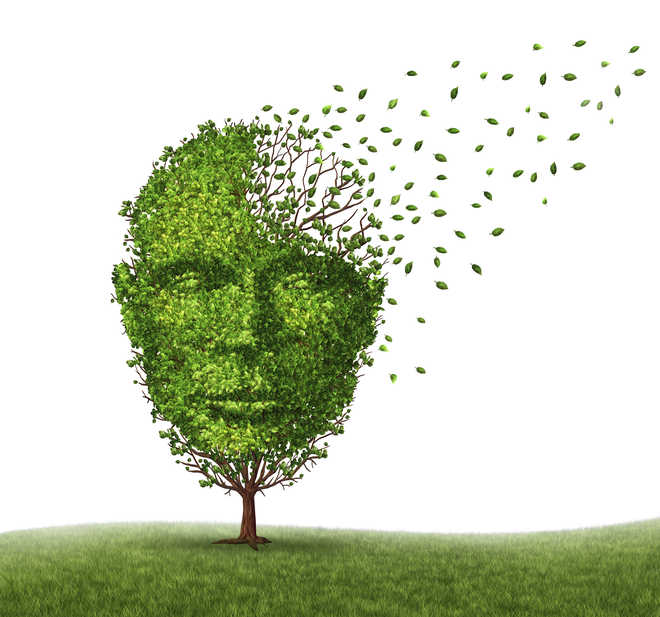
Photo source: Thinkstock
London
Delirium, a condition in which people become acutely confused and disorientated, may have long-lasting consequences, including accelerated dementia-related mental decline, a new study has warned.
The study is the first to show the multiplying effects of delirium, which affects a quarter of older patients, and dementia in these people, researchers said.
Episodes of delirium in people who are not known to have dementia, might also reveal dementia at its earliest stages, researchers, including those at University College London in the UK, found.
While both delirium and dementia are important factors in cognitive decline among the elderly, delirium is preventable and treatable through dedicated geriatric care.
Further research is needed to understand exactly how delirium interacts with dementia, and how this could be blocked, researchers said.
“If delirium is causing brain injury in the short and long-term, then we must increase our efforts to diagnose, prevent and treat delirium. Ultimately, targeting delirium could be a chance to delay or reduce dementia," said Daniel Davis, who led the research while at the University of Cambridge in the UK.
Scientists looked at three European populations — in Finland, Cambridge and UK-wide — and examined brain specimens in 987 people aged 65 and older.
Each person's memory, thinking and experience of delirium had been recorded over 10 years towards the end of their life.
When these were linked with pathology abnormalities due to Alzheimer's and other dementias, those with both delirium and dementia-changes had the most severe change in memory.
"Unfortunately, most delirium goes unrecognised. In busy hospitals, a sudden change in confusion is not noticed by hospital staff," Davis said.
"Patients can be transferred several times and staff often switch over — it requires everyone to 'think delirium' and identify that a patient's brain function has changed," he added.
The study was published in the journal JAMA Psychiatry. — PTI



























